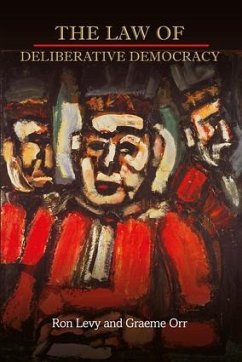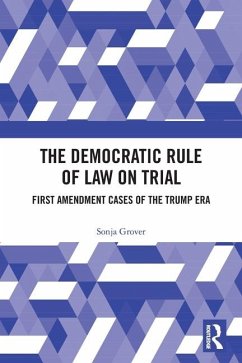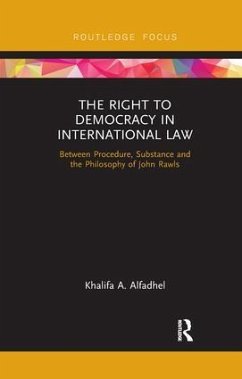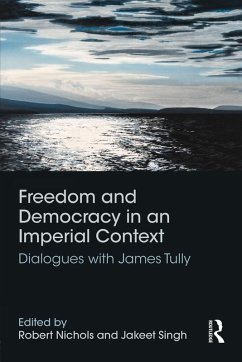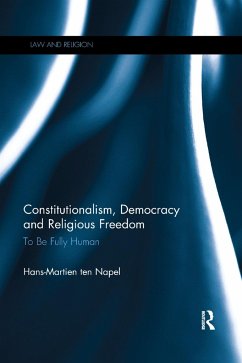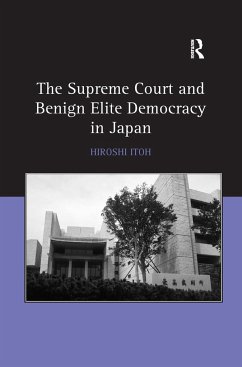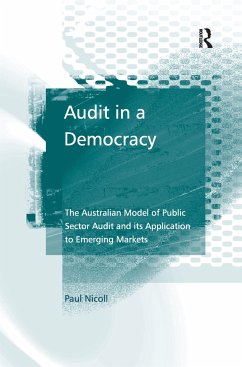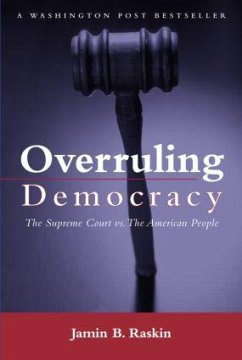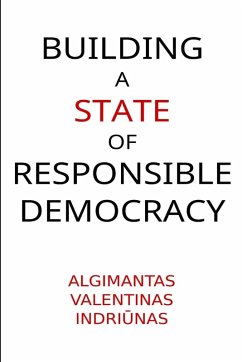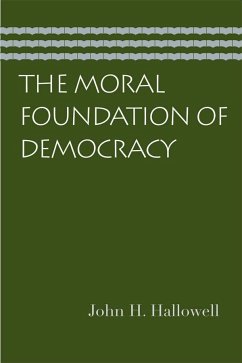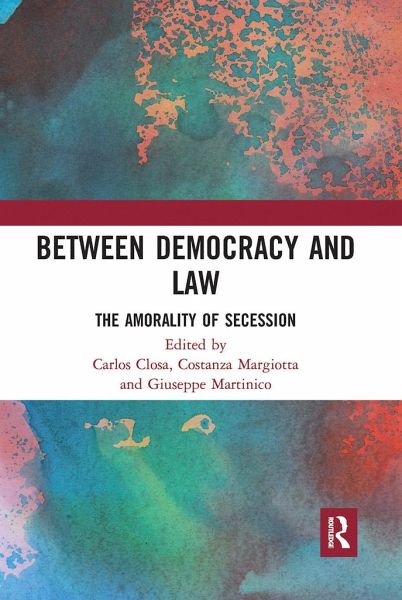
Between Democracy and Law
The Amorality of Secession
Herausgeber: Closa, Carlos; Martinico, Giuseppe; Margiotta, Costanza
Versandkostenfrei!
Versandfertig in 1-2 Wochen
55,99 €
inkl. MwSt.
Weitere Ausgaben:

PAYBACK Punkte
28 °P sammeln!
This volume purports to explore the legal and political issues triggered by the new wave of secessionism. More specifically, those issues concern the interplay between notions of democracy (and democratic ends and means) and law (and the rule of law and constitutionalism). Against this background, the editors use amorality in order to escape the terrain of the justification of secession by making a distinction between the democratic theory of secession and the theory of democratic secession. In the first section, the theoretical nexus democracy-secession has been approached both from a legal a...
This volume purports to explore the legal and political issues triggered by the new wave of secessionism. More specifically, those issues concern the interplay between notions of democracy (and democratic ends and means) and law (and the rule of law and constitutionalism). Against this background, the editors use amorality in order to escape the terrain of the justification of secession by making a distinction between the democratic theory of secession and the theory of democratic secession. In the first section, the theoretical nexus democracy-secession has been approached both from a legal and political theory perspective. The second section of the book examines the instruments that the theory of democratic secession invokes in order to justify secession and presents both legal and political science contributions. The third section focuses on social movements and political actors. The fourth section focuses on two case studies due to the awareness of the importance of the difference between secession in a democratic occidental context (which call into play the discussion of the democratic theories) and separations in a non-democratic context (where the nexus between secession and democracy is not really central).





